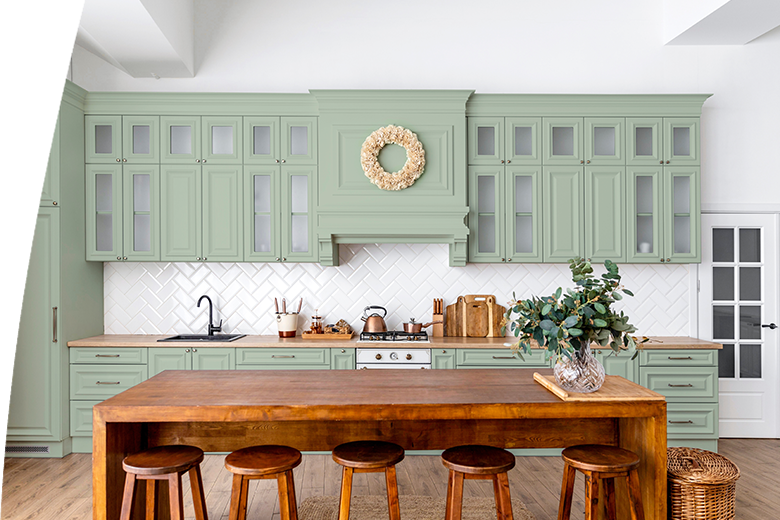Waste In The HORECA Sector: Effective Strategies for Waste Minimisation and Recycling
The HORECA sector generates a large amount of waste - from food waste, to plastic packaging, to single-use products. The correct and efficient treatment of this waste is not only a matter of "ecological conscience", but also part of the long-term sustainability of the company. If you're looking to improve waste management in your business, here are some steps you should consider.
Waste Flow Analysis
The first step to effective waste management is to analyse the current waste stream in your company. Evaluate what type of waste you generate the most and identify where there are opportunities to reduce or recycle it. It may be that some materials can be reused, while others can be recycled or composted.
Recycling & Composting
Make recycling easy and intuitive for employees and customers. Also consider composting organic waste, which can be beneficial not only in terms of waste but also in producing your own compost for your green spaces.

Innovation and Technology
The use of technology can also help with waste treatment. For example, technologies for converting food waste into energy, such as biodigesters, can be useful for large-scale operations.
One example of a successful company in this area is the UK pub chain Wetherspoons. This company is committed to recycling 100% of its waste and has successfully used biodigesters to process food waste to do just that.
The Savoy in London is another great example of a hotel trying to minimise its environmental impact. The hotel has innovative technologies such as a system to use wastewater to irrigate the gardens and rainwater harvesting to flush the toilets.
Engage Creativity
According to a recent survey by the Waste & Resources Action Programme (WRAP), around 30% of waste generated in the HORECA sector comes from unsold food, while a further 30% is residual waste from food preparation.

Noma in Copenhagen, one of the best restaurants in the world, uses creativity in its approach to waste. Leftovers from meals are often transformed into tasty sauces and broths. Almost nothing is thrown away in the kitchen. Even fruit peels are used to make their own fermented drinks.
Thus, a comprehensive approach is needed to tackle the challenge of waste in the HORECA sector. And it is in this way that we can not only reduce the negative environmental impact of our operations, but also improve their economic efficiency and social reputation.
Don't forget to subscribe to our newsletter to get more tips and advice from different fields of the business environment.



